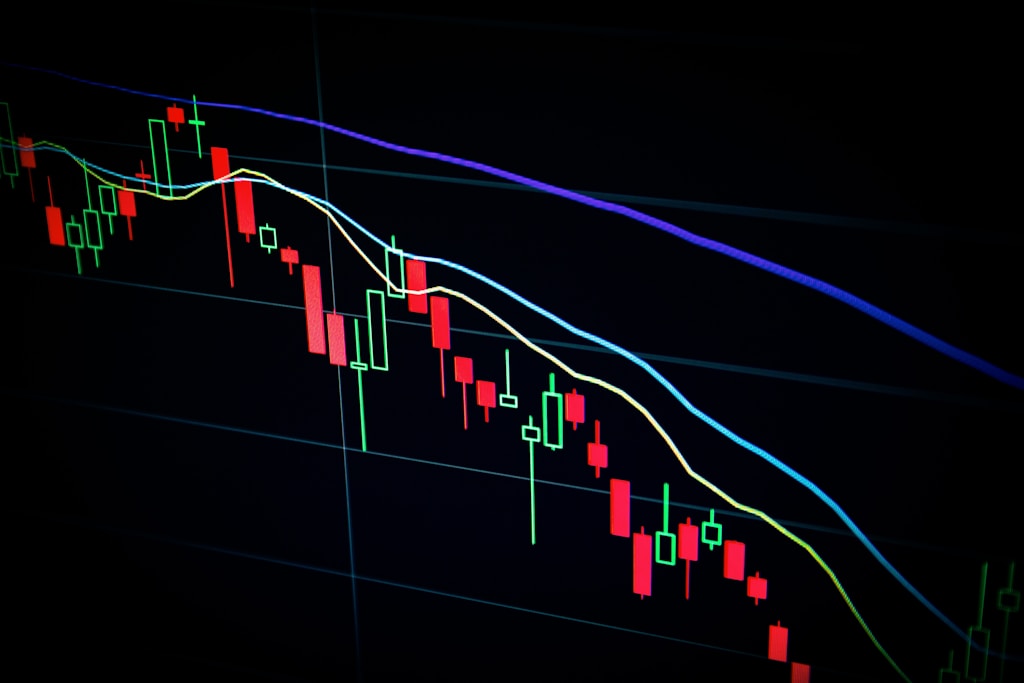In a landmark fireside chat at the Bitcoin 2025 Conference, SEC Commissioner Hester Peirce delivered a powerful message about Bitcoin’s unstoppable integration into traditional finance, acknowledging that regulators “can’t ignore” the cryptocurrency’s growing influence. The discussion comes at a crucial time, as Bitcoin trades near $109,000 and institutional adoption continues to accelerate.
Key Highlights from Peirce’s Bitcoin 2025 Address
Speaking with Fold’s General Counsel Hailey Lennon, Peirce addressed several critical areas affecting the cryptocurrency industry:
- Regulatory enforcement priorities and the need for clearer frameworks
- The challenge of balancing innovation with investor protection
- The inevitability of Bitcoin’s integration into traditional financial products
- The importance of preserving individual financial freedom
Regulatory Clarity and Market Impact
Peirce acknowledged public frustration with the SEC’s pace of crypto regulation, stating, “Some people have taken the fact that we haven’t moved forward with a ton of these cases as inaction—but there’s a lot to digest.” This measured approach aligns with recent developments, as institutional investors continue pouring into the crypto space.
SPONSORED
Trade Bitcoin with up to 100x leverage and maximize your profit potential
Addressing Memecoin Speculation and Market Risks
On the topic of speculative assets, Peirce delivered a stark warning: “If you’re expecting to buy a memecoin and become a billionaire—buyer beware. Be an adult.” This cautionary stance emphasizes the importance of focusing on Bitcoin’s fundamental value proposition.
The Future of Bitcoin Integration
Perhaps most significantly, Peirce addressed Bitcoin’s inevitable integration into traditional finance: “When people are free to use something, it will eventually be incorporated into traditional financial products. We need to think about how it interacts with our regulatory framework—but the key is preserving people’s ability to transfer value on their own terms.”
FAQ Section
What are the SEC’s current priorities regarding Bitcoin regulation?
The SEC is focused on creating clear frameworks while bringing in outside perspectives to develop effective regulations that protect investors without stifling innovation.
How will Bitcoin integration affect traditional finance?
According to Peirce, Bitcoin’s integration into traditional financial products is inevitable, requiring thoughtful consideration of regulatory frameworks while preserving individual financial freedom.
What is the SEC’s stance on speculative crypto assets?
The SEC maintains a cautionary stance, emphasizing personal responsibility while warning against expectations of quick wealth through speculative assets.
This historic discussion at Bitcoin 2025 marks a significant shift in regulatory perspective, suggesting a more collaborative approach to Bitcoin integration in traditional finance while maintaining focus on investor protection and market integrity.







